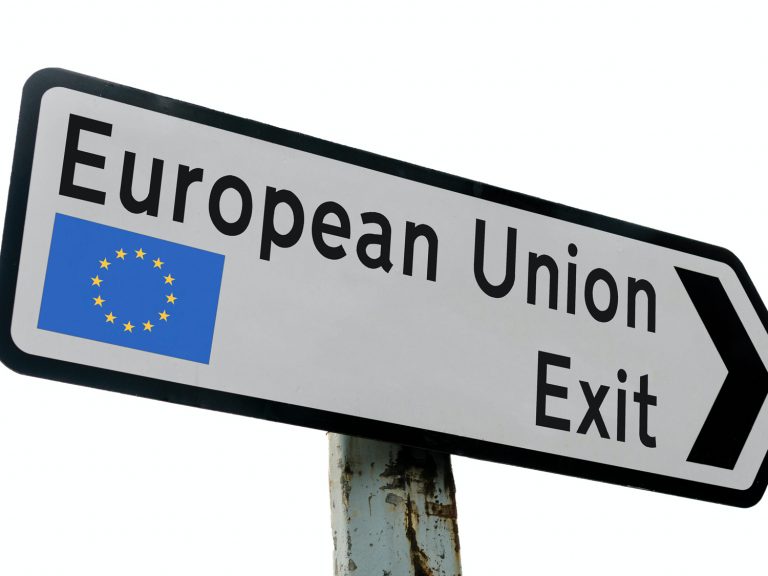
Date:
Brexit. What now
With the Brexit withdrawal agreement bill moving irrevocably into legislation, some may think it provides an opportunity to relax, but Metro are accelerating preparations to support customers in the Brexit stages that will follow this year’s transition.
With the Conservatives enjoying their biggest parliamentary majority since the 1980s, the Brexit withdrawal agreement bill is working its way through parliament and into legislation, when the UK will leave the EU and enter the transition/implementation period, until at least 31st December 2020, during which nothing changes to cross-border trade.
There is an option to extend the transition period for a further two years, but that option needs to be exercised by 1st July 2020 and the prime minister has insisted that there will be NO extension.
And, while shippers should be able to relax, at least until the end of next year, Metro is accelerating preparations to support customers in the next Brexit stages.
While the possibility that we could leave at the end of 2020 without a trade agreement remains. Even if that were to happen, it would be less severe than leaving without a withdrawal agreement, as GATT rules would allows tariff free trade whilst the final deal is negotiated.
It is extremely unlikely that the UK will be able to negotiate an entirely frictionless exit, which means that some form of Customs declaration will be inevitable in any outcome.
We are working closely with BIFA and HMRC to stay on top of developments and will communicate any points of particular importance.
Our expectation is:
1. The government will not extend transition beyond 31st Dec 2020
2. A comprehensive FTA will not be finalised by that time
3. GATT XXIV will be adopted to ‘postpone’ tariffs until final deal is agreed
4. New Customs declarations will commence 1st Jan 2021 (with or without tariffs)
The European and Customs teams at Metro are not using this transition period as ‘a year off’, because they know how quickly time flies. Which is why they are setting up processes and data flows to support new paperwork requirements and consulting with partners on supporting the largest intra-European traffic flows.
